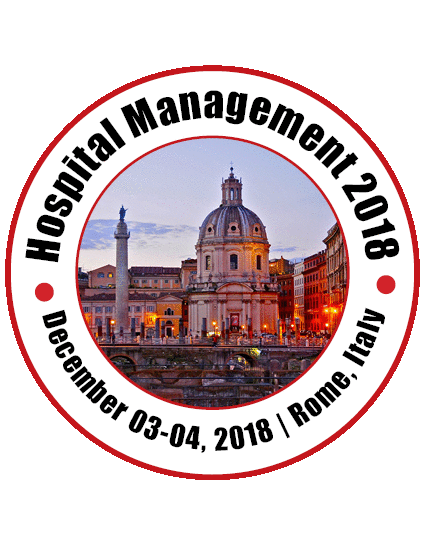
Lana Emilia Gondowahjudi
Universitas Brawijaya, Indonesia
Title: Medical staff satisfaction in giving universal health coverage patient services in RSIA Puri Bunda
Biography
Biography: Lana Emilia Gondowahjudi
Abstract
Universal Health Coverage (UHC) organizers owning in Indonesia with the concept of the National Health Insurance (JKN), which is implemented and organized through the Social Security Organizing Agency (BPJS), still raises a polemic, especially for medical staff. The problem that occurs is the problem of paying for health services using the INA-CBG package which depends on the diagnosis and the procedure for each disease is considered to be still less relevant. The doctor must be precise in setting the diagnosis and procedure that must be done for a disease, if the doctor performs an examination to make a diagnosis and performs the procedure against the disease outside the clinical pathway (the clinical pathway), then the costs cannot be claimed to BPJS, meaning the hospital must bear these costs. The impact is that hospital staff are forced to work harder because they serve more patients, while facilities and equipment are limited. Satisfaction of medical staff is very important in the hospital industry, which is a factor that influences the performance of resources in hospitals which has an impact on the service of JKN patients in hospitals. Therefore, this study was conducted to obtain an overview of the work satisfaction of medical staff in the service of JKN patients at RSIA Puri Bunda. This study uses a descriptive analytic research method with a cross sectional study approach, with a sample of 104 medical staff consisting of doctors, midwives and nurses. The results showed that the satisfaction of medical staff in providing JKN services was quite low with a percentage of 56% (less satisfied). The lowest satisfaction level on the subvariable job return is 36% (very dissatisfied), social responsibility is 45% (dissatisfied), organization and administration is 51% (dissatisfied), job itself is 52% (dissatisfied), working environment is 54% (less satisfied). While professional loyalty has the highest satisfaction of 79% (satisfied) and internal environment at 77% (satisfied).

